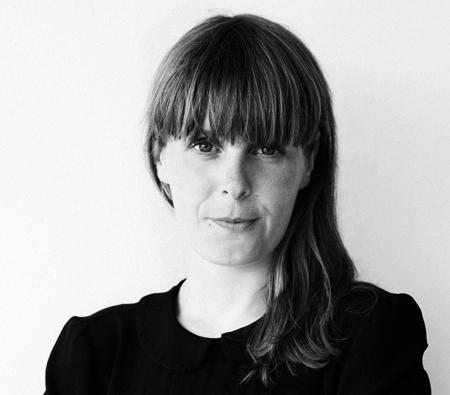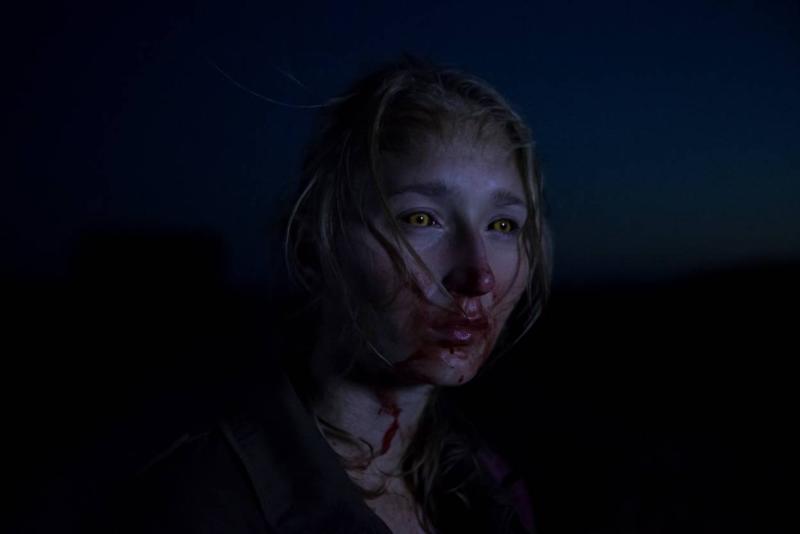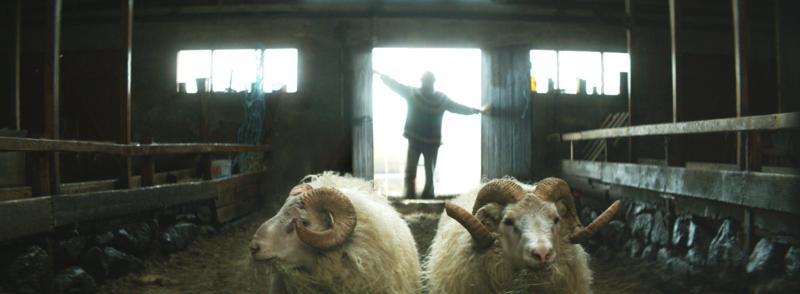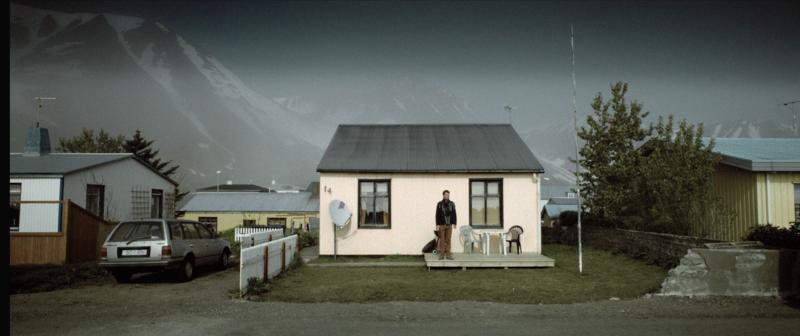Shortly after graduating from the Producers programme at the National Film School of Denmark in 2011, Ditte Milsted started the Profile Pictures production company, with producer Jacob Jarek, a classmate, and Icelander Thor Sigurjonsson. They were later joined by producer Caroline Schlüter Bingestam.
Milsted's first feature film as a producer, "When Animals Dream," had its world premiere at Cannes in 2014. Two years later, she was back as co-producer of the Icelandic-Danish feature "Rams," which won the main award in the Un certain regard sidebar.
Since September 2016, Profile Pictures has been behind no less than three feature film premieres: Rasmus Heisterberg's Bodil Award-winning "In the Blood," Ali Abbasi's "Shelley" and Fenar Ahmads "Darkland," a big hit with audiences and critics. In May, the company is premiering Jens Dahl's "3 Things," starring Nikolaj Coster-Waldau and Birgitte Hjort Sørensen. All four films were directed by new names and made on tight budgets.
What is your role at Profile Pictures?
Apart from being a partner and producer, I'm the managing director. So I work with somewhat fewer directors than my fellow producers do. On the other hand, I work on our co-productions and I handle administrative matters. We generally work on our projects in pairs. That way we optimise the role of the producer and make the most of each other's strong suits. Making a feature is a prolonged, sustained effort. Working in teams helps keep the energy up.
What are the most important lessons you've learned since leaving the Film School?
A good partnership means everything. We are four partners in Profile Pictures and we complement each other well. We're different, but we share the same basic values, which is quintessential for a sustainable partnership. My partners are an invaluable part of the joy I get from my work. I respect each of them very highly for who they are and for their professional skills.
What has been your approach to making films at Profile Pictures?
Danish cinema is going through a period of upheaval. At our company, we choose to see that as a positive thing enabling us to make different kinds of films, with fresh talents and at lower budgets. It has opened up some room, which we've used to show what we can and want to do.
It was an amazing feeling earlier this year when "Darkland" made a splash at cinemas and Rasmus Heisterberg stood on stage with his best-picture Bodil for "In the Blood." That really drove it home to me that our approach to filmmaking is paying off.
What do you think about Danish film right now?
The industry seems a little bit unsure about what it can and should do. If Denmark is going to keep hatching skilled filmmakers, we can't just focus on admissions numbers. We have to keep developing the Danish talent pool, think long term and be visionary.
First-time features and smaller films are necessary to attain a critical mass of interesting filmmaking talents who will manifest themselves for years to come in both visionary works and big blockbusters. Only, their first films shouldn't cost very much, like so many of them do today. They're easier to turn into success stories that way than the other way around.
I also think we lack some range in Danish film in terms of the films we make, our expectations for them, and their economy.
Where do you see your company four years from now?
By then, we'll hopefully have put out another string of features and co-productions. Personally, I dream about getting new offices with room to throw some real parties – in this case, a huge 10th birthday bash!
We don't have any ambitions to have a huge setup with a big staff and expensive administration. That's not where our focus and our ambitions lie. We want to keep making the films we dream of – that have high artistic ambitions and can help push Danish film a bit. Our focus is on our films and directors. I also think that's why people are happy to work with us. The film comes first.
That doesn't mean that we shouldn't be making money from what we do – we're highly conscious of our company's economy and our films' financing. But making safe choices is not how we work and we intend to stick to our belief that we're well served by that mindset, also commercially.



